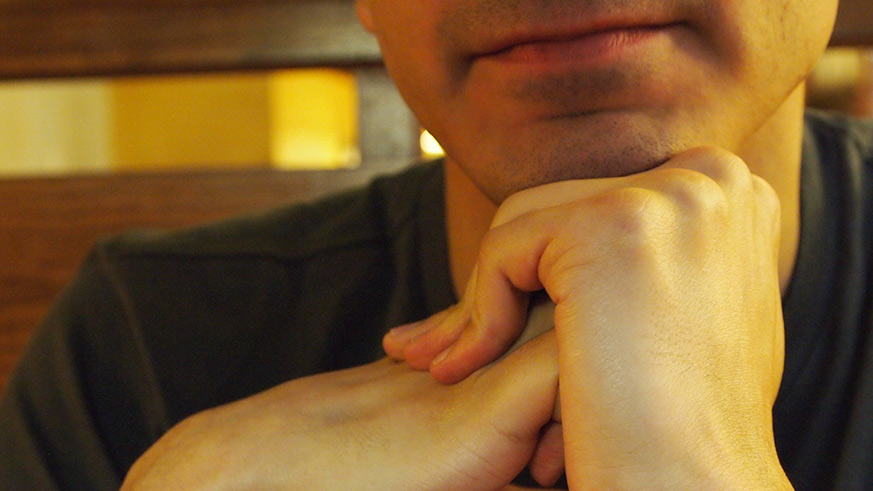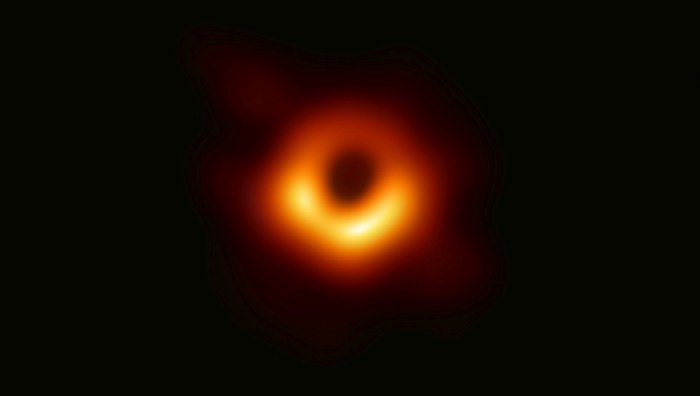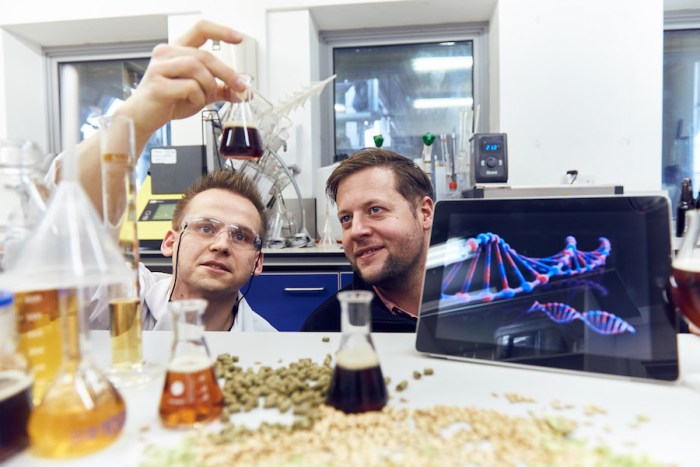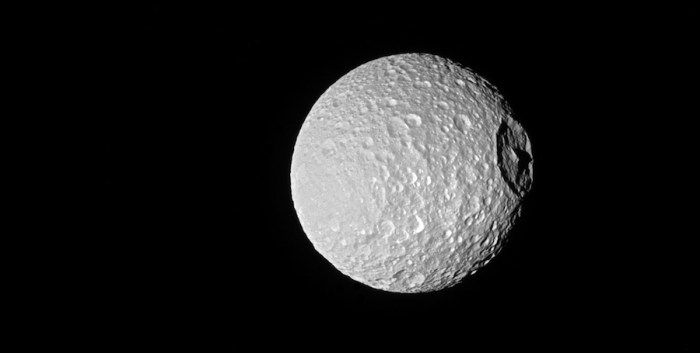Knuckle cracking is very common. Many people do it everyday instinctively, but never figure out why or what causes the popping sound. There have been debates about what the sound of knuckle cracking is for decades, with several theories and published reports attempting to explain what’s going on with the joints in your fingers.
Vineeth Chandran Suja, a graduate student at École Polytechnique in France was cracking his knuckles during class when he became curious about the sound. He decided to apply a series of mathematical equations to better understand and later describe the popping sound of knuckle cracking.
Mr. Suja and Dr. Abdul Barakat a professor at École Polytechnique developed a geometric model and a series of mathematical equations to explain the sound. The report was published in the journal Scientific Reports on Thursday.
“The first equation describes the pressure variations inside our joint when we crack our knuckles,” Mr. Suja told BBC. “The second equation is a well-known equation which describes the size variations of bubbles in response to pressure variations. “And the third equation that we wrote down was coupling the size variation of the bubbles to ones that produce sounds.” The knuckle is filled with synovial fluid, which reduces friction and helps keep joints lubricated.
The researchers recorded the popping sounds from the model and compared it with the sound coming from the popping of their own knuckles. They discovered that the cracking sound coming from the model joint with a bubble in it was similar to the recorded sound of their own knuckles cracking.

Knuckle cracking sound solved
They concluded that the knuckle cracking sound comes from a partial collapse of the bubbles in the joints. These findings contradict a previous study from 2015 which suggests that the knuckle cracking sound comes from the formation of the bubbles.
Their findings, however, did align with research from 1971 which also suggested that it was a collapse of knuckle bubbles that caused the sound and not the formation of bubbles. The researchers concluded that the knuckle cracking sound comes from a partial collapse of the bubbles which produces the popping sound you hear. The sound comes from several bubbles in the fluid collapsing.
The next time you go to crack your knuckles, just know that recent scientific research (and a lot of math) helped figure out where the knuckle cracking sound comes from.























